Top 11 Health Benefits of Bee Pollen
Bee pollen is a mixture of pollen, nectar, enzymes, honey, wax and bee secretion.
Bees collect pollen from plants and transport it to the hive where it is stored and used as food for the colony.
Bee pollen should not be confused with other bee products such as honey, royal jelly or honeycomb. These products may not contain pollen or other substances.
Recently, bee pollen has gained popularity in the health community because it is loaded with nutrients, amino acids, vitamins, lipids and over 250 active substances.
Many studies point to the health effects of bee pollen and show promising results.
Here are 11 health benefits of bee pollen:
- Impressive nutritional profile with more than 250 active substances
Bee pollen boasts an impressive nutritional profile.
It contains over 250 biologically active substances, including proteins, carbohydrates, lipids, fatty acids, vitamins, minerals, enzymes and antioxidants.
A bee pollen granule consists of approximately:
Carb: 40%
Protein: 35%
Water: 4–10%
Fat: 5%
Other substances: 5–15%
The latter category includes vitamins, minerals, antibiotics and antioxidants.
However, the nutritional content of pollen depends on the plant source and the season it is collected.
For example, studies have shown that bee pollen collected from pine plants has approximately 7% protein, while pollen collected from date palms is closer to 35% protein.
In addition, bee pollen collected in spring has a significantly different amino acid composition than pollen collected in summer.
2. High content of antioxidants protects against free radicals and chronic diseases
Bee pollen is loaded with a wide variety of antioxidants, including flavonoids, carotenoids, quercetin, kaempferol, and glutathione.
Antioxidants protect your body from potentially harmful molecules called free radicals. Free radical damage is linked to chronic diseases such as cancer and type 2 diabetes.
Research shows that bee pollen antioxidants can reduce chronic inflammation, eliminate harmful bacteria, fight infections, and fight the growth and spread of tumors.
However, the antioxidant content of bee pollen also depends on its plant source.
Unless the label specifically states a plant source, it can be difficult to determine where your bee pollen came from.
3. May reduce heart disease risk factors such as high blood lipids and cholesterol
Heart disease is the leading cause of death worldwide.
Both high blood lipids and high blood cholesterol are associated with an increased risk of heart disease. Interestingly, bee pollen can reduce these risk factors.
For example, animal studies show that bee pollen extracts can lower blood cholesterol levels, especially "bad" LDL cholesterol.
In people with myopia caused by clogged arteries, bee pollen supplements lower blood cholesterol levels, which increases their field of vision.
In addition, the antioxidants in bee pollen can protect lipids from oxidation. When lipids oxidize, they can clump together, narrowing blood vessels and increasing the risk of heart disease.
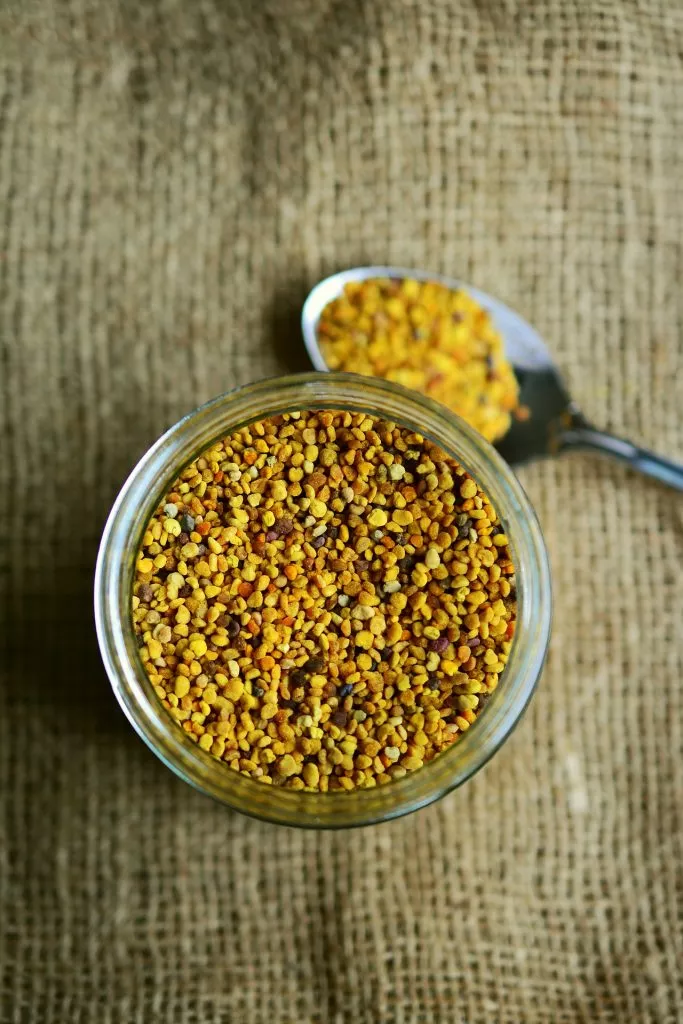
4. It can enhance liver function and protect it from toxic substances
Your liver is a vital organ that breaks down and removes toxins from the blood.
Animal studies have found that bee pollen can boost its detoxifying abilities.
In older animals, bee pollen boosts the liver's antioxidant defenses and removes more waste products, such as malondialdehyde and urea, from the blood.
Other animal studies show that bee pollen antioxidants protect the liver from damage from several toxic substances, including drug overdoses. Bee pollen also promotes liver healing.
However, few human studies have evaluated the effects of bee pollen on liver function. More human research is needed to establish health recommendations.
5. Packs several compounds with anti-inflammatory properties
Bee pollen is traditionally used to reduce inflammation and swelling.
An animal study showed that bee pollen extract reduced paw swelling in rats with 75%.
In fact, its anti-inflammatory effects have been compared to several nonsteroidal anti-inflammatory drugs, such as phenylbutazone, indomethacin, analgin, and naproxen.
Bee pollen contains several compounds that may reduce inflammation and swelling, including the antioxidant quercetin, which reduces the production of inflammatory omega-6 fatty acids, such as arachidonic acid.
Moreover, plant compounds in bee pollen can suppress biological processes that stimulate the production of inflammatory hormones as a factor in tumor necrosis.
6. It can help you avoid illness by boosting immunity and killing bacteria
Bee pollen can boost your immune system, helping you avoid illness and side effects.
For one thing, research shows that it can reduce the severity and occurrence of allergies.
In one study, bee pollen was shown to significantly reduce mast cell activation. Mast cells, when activated, release chemicals that trigger an allergic reaction.
Also, several test-tube studies confirm that bee pollen has strong antimicrobial properties.
Bee pollen extract has been found to kill potentially harmful bacteria such as E. coli, Salmonella, Pseudomonas aeruginosa, as well as those that cause staph infections.
7. May aid wound healing and prevent infections
Bee pollen has anti-inflammatory and antioxidant properties, that can help your body to heal wounds.
The antimicrobial properties of bee pollen can also prevent infections, a major risk factor that can compromise the healing process of scrapes, cuts, scrapes, and burns.
8. May have anti-cancer properties
Bee pollen may have applications in the treatment and prevention of cancers that occur when cells multiply abnormally.
Test-tube studies have found bee pollen extracts to inhibit tumor growth and stimulate apoptosis – programmed cell death – in prostate, colon and leukemia cancers.
Bee pollen from cistus (Cistus incanus L.) and white willow (Salix alba L.) may have anti-estrogenic properties that could reduce the risk of breast, prostate and uterine cancer.
However, more human studies are needed.
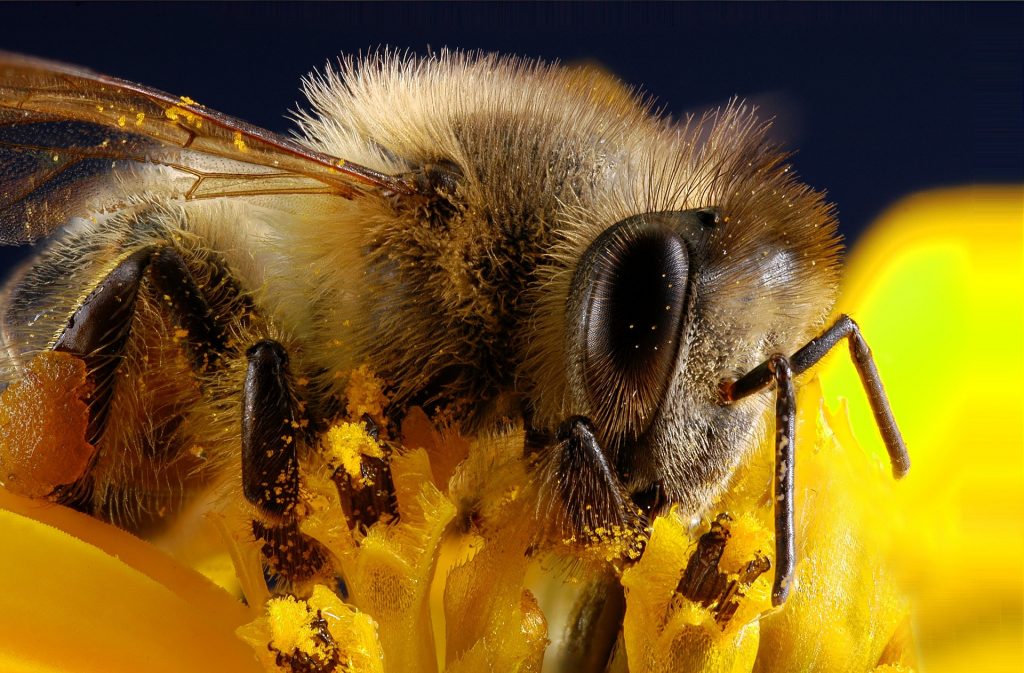
9. May relieve menopausal symptoms such as hot flashes
Menopause, which marks the cessation of menstruation in women, is often accompanied by uncomfortable symptoms such as hot flashes, night sweats, mood swings and sleep disturbances.
Studies show that bee pollen can ease several symptoms of menopause.
In one study, 71% of women thought their menopausal symptoms improved while taking bee pollen.
In another study, 65% of women taking a pollen supplement had fewer hot flashes. These women also report other health improvements, such as better sleep, reduced irritability, less joint pain, and improved mood and energy.
What's more, a three-month study showed that women taking bee pollen supplements experienced significantly fewer menopausal symptoms
10. May improve nutrient metabolism, metabolism and longevity
Some evidence suggests that bee pollen may improve your body's absorption of nutrients.
For example, iron-deficient rats absorbed 66% more iron when pollen was added to their diet. This increase is likely due to the fact that pollen contains vitamin C and bioflavonoids, which enhance iron absorption.
In addition, healthy rats fed pollen absorbed more calcium and phosphorus from their diet. Pollen contains high-quality proteins and amino acids that can aid in such absorption.
Other animal studies demonstrate that bee pollen can improve muscle growth, speed up metabolism and promote longevity
11. Safe for most people and easy to add to your diet
Bee pollen comes in granule or supplement form and is safe for most people.
You can buy it in pharmacies or organic stores.
Granules can be added to your favorite foods such as breakfast or smoothies.
However, people with allergies to pollen or bee stings should avoid pollen products, as they can cause symptoms such as itching, swelling, shortness of breath, or anaphylaxis.
These products may also interact negatively with blood thinners such as warfarin.
Pregnant or breastfeeding women should avoid bee pollen products as there is no evidence that they are completely safe for babies.

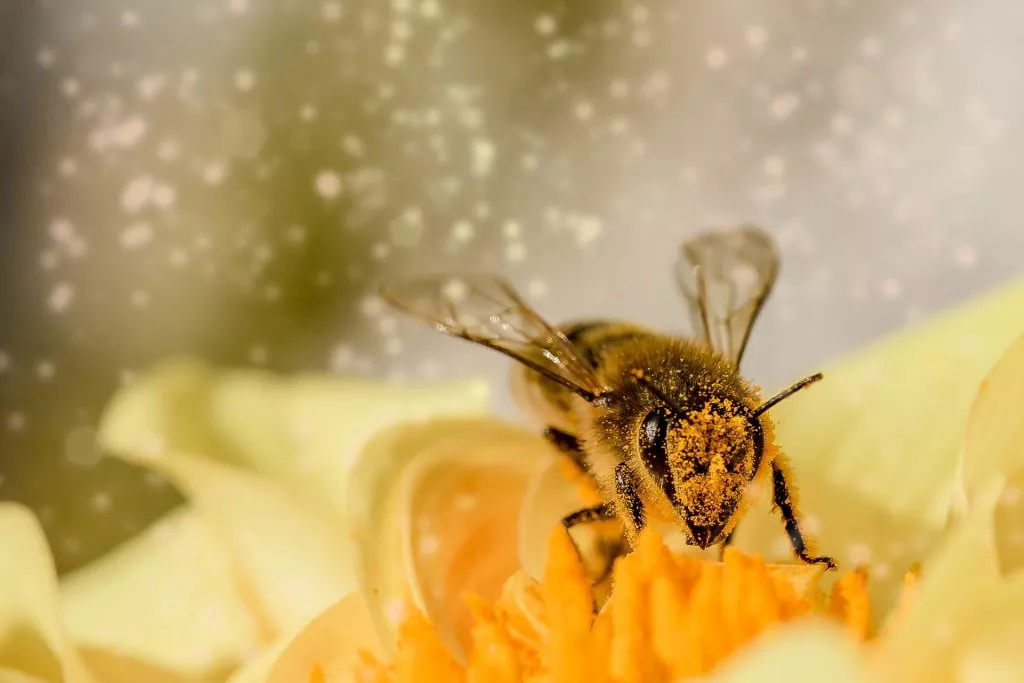


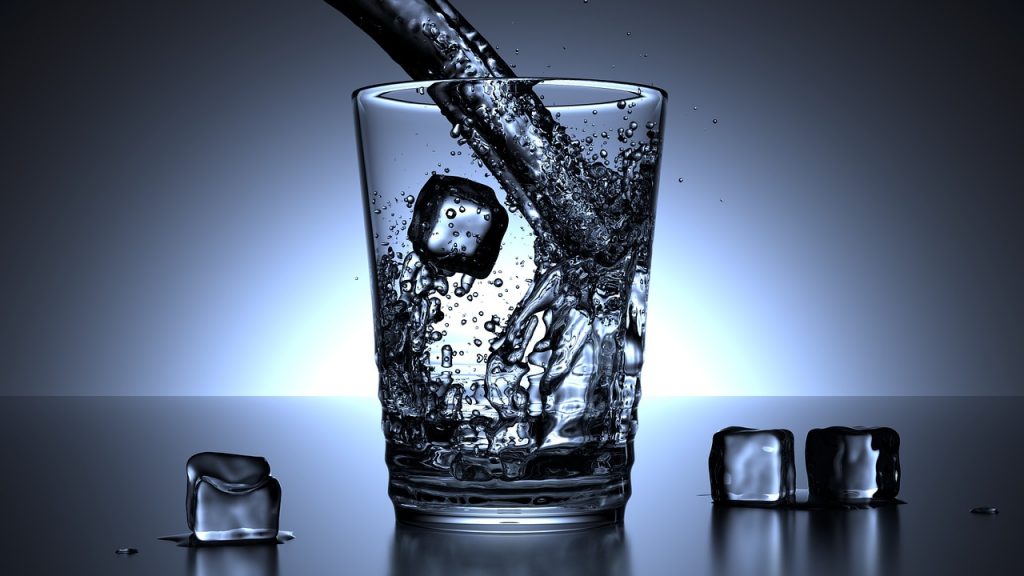
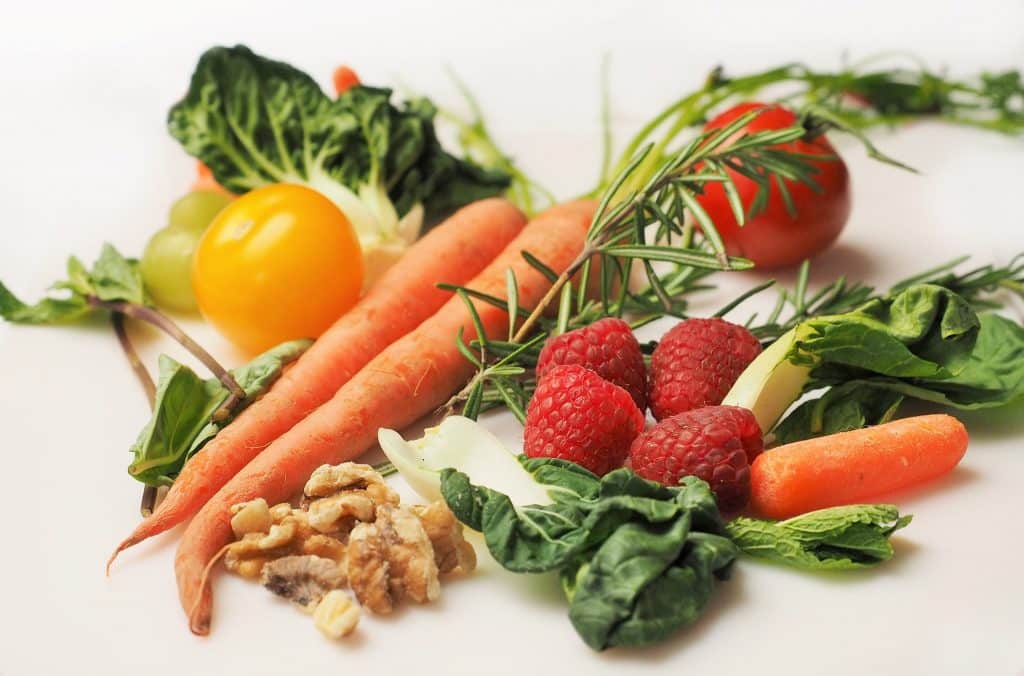
Comments are closed.